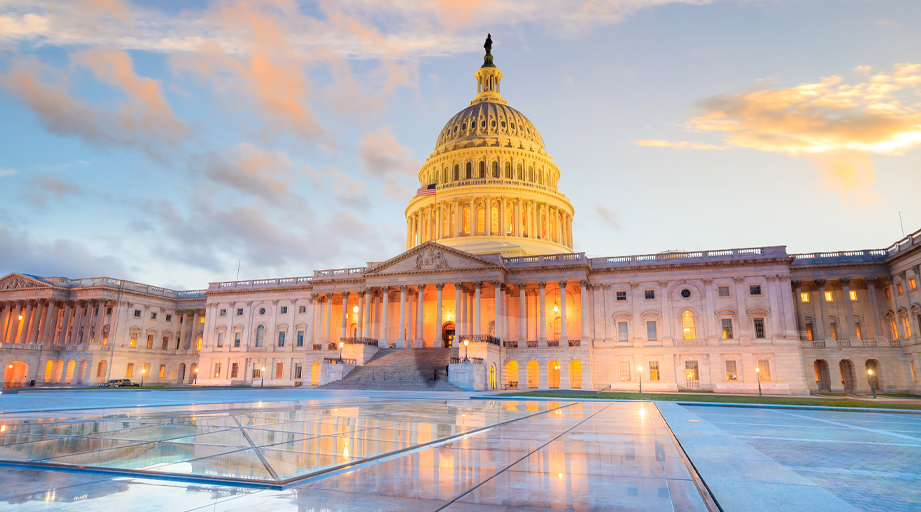
The Centers for Medicare & Medicaid Services (CMS) has released the proposed rules for the Hospital Outpatient Prospective Payment System (OPPS) and the Physician Fee Schedule (PFS) for calendar year 2024, with comments due on Sept. 11.
The OPPS rule governs “changes to the amounts and factors used to determine the payment rates for Medicare services paid under the OPPS and those paid under the Ambulatory Surgical Center payment system,” as well as changes to associated quality reporting programs. The PFS governs payment policy in Medicare Part B for ambulatory care practice and encompasses changes to related programs, including the Quality Payment Program and the Medicare Shared Savings Program.
ASHP is reviewing the proposed rules, which each run more than 600 pages, and will be publishing issue briefs in the coming days detailing key provisions of interest to our members and requesting member feedback to inform our comments.
Hospital Outpatient Prospective Payment System
- 340B:As a result of the Supreme Court decision in favor of hospitals, CMS has restored the average sale price + 6% rate for drugs purchased on the 340B Drug Pricing Program. CMS has proposed a remedy for the 2018 – 2022 underpayments to hospitals in a separate rule. ASHP is seeking member feedback on that proposed rule to inform our comments.
- Potential Buffer Stock of Essential Medications: To assist in mitigating drug shortages, CMS is proposing to provide an additional payment as part of the inpatient prospective payment system to support the creation of a buffer supply of medications. CMS indicated that it will consider a similar payment under OPPS in future years. The buffer stock recommendation aligns closely with ASHP’s most recent set of drug recommendations to Congress.
- Biosimilar Payment: CMS is proposing “to exempt biosimilars from the OPPS threshold packaging policy when their reference biologicals are separately paid, meaning we would pay separately for these biosimilars even if their per-day cost is below the threshold packaging policy.”
Physician Fee Schedule
E/M Codes: CMS is proposing to finalize the use of an add-on payment code for evaluation and management services. Additionally, for split/shared visits, CMS is proposing to delay the implementation of their definition of “substantive portion” until after 2024. For 2024, providers will be able to use history, exam, or medical-decision making to determine who bills the visit.
Telehealth: CMS is proposing to add health and well-being coaching services to Medicare telehealth services list. CMS is proposing to implement elements of the Consolidated Appropriations Act of 2023, including loosening of originating site requirements and continuing to pay for telehealth services provided at federally qualified health clinics and rural health clinics. CMS is also proposing to continue to allow virtual supervision of services through Dec. 31, 2024.
In addition to the highlights above, the proposed rules address a number of other issues, including opioid treatment programs, the diabetes prevention program, health equity, and quality metrics. A full analysis of the proposed rules will be published in the coming days. In the interim, questions or concerns should be directed to Jillanne Schulte Wall.







